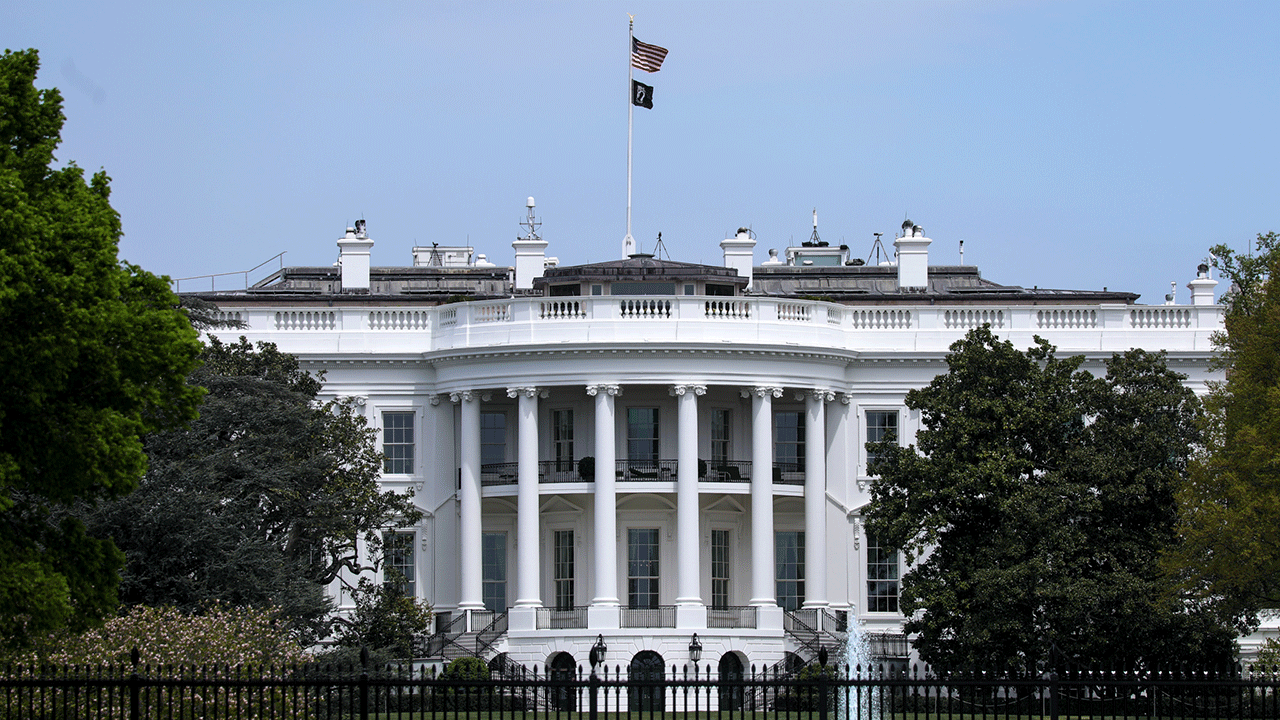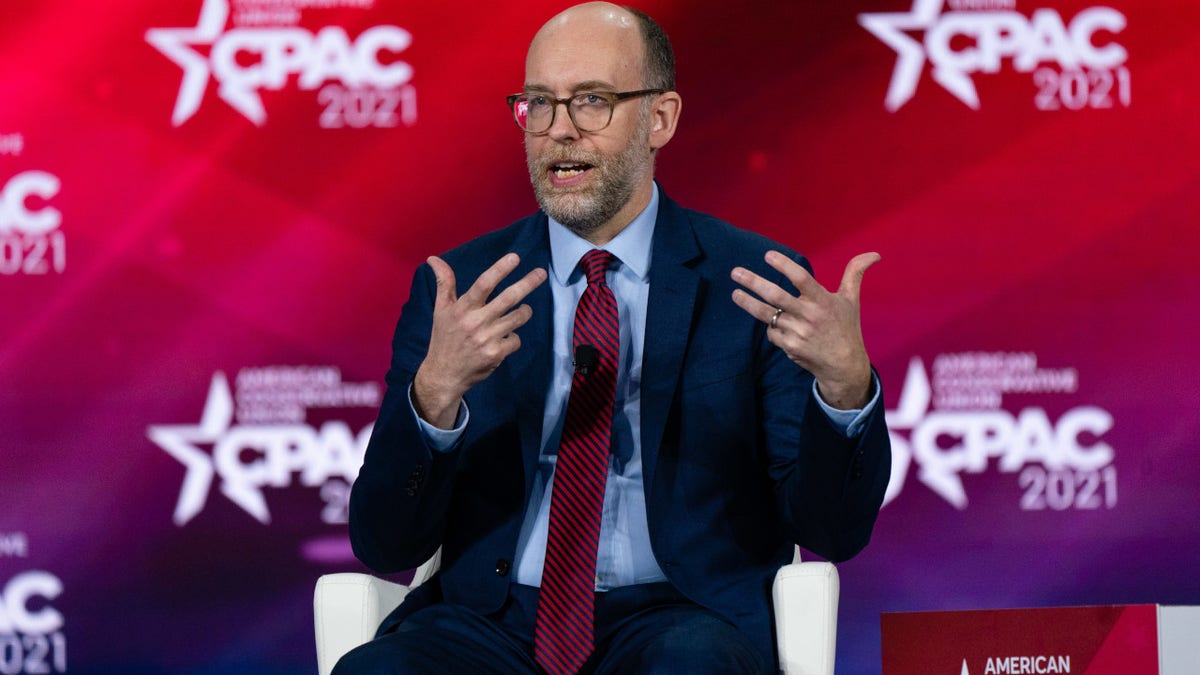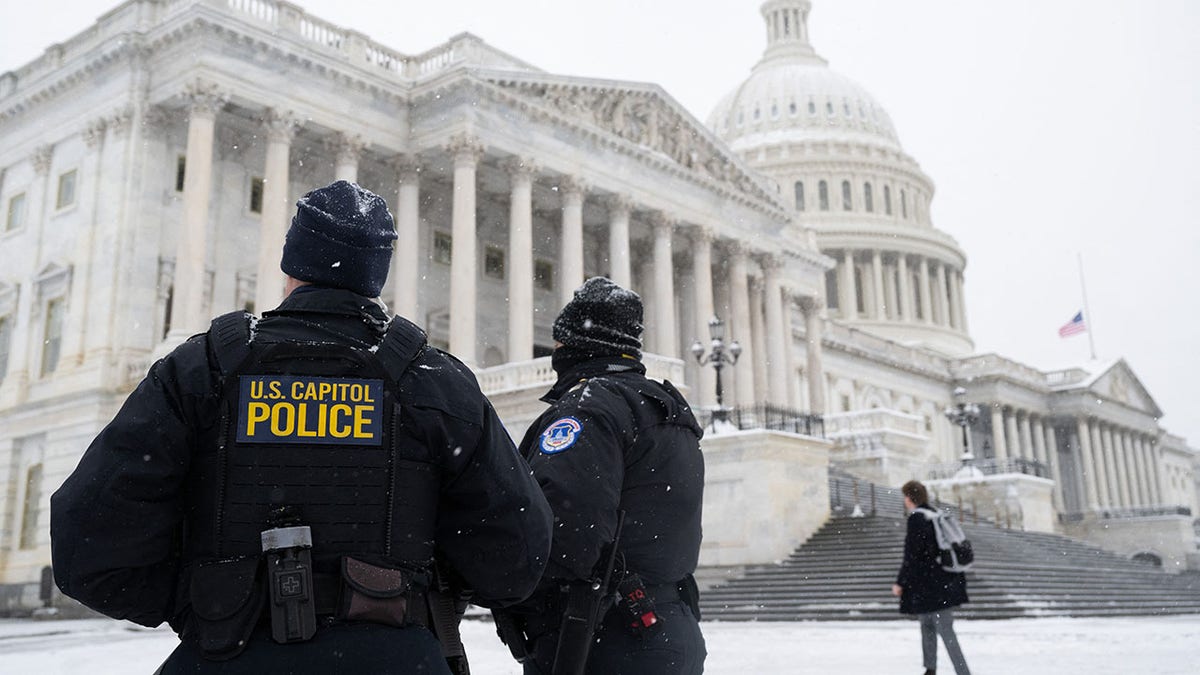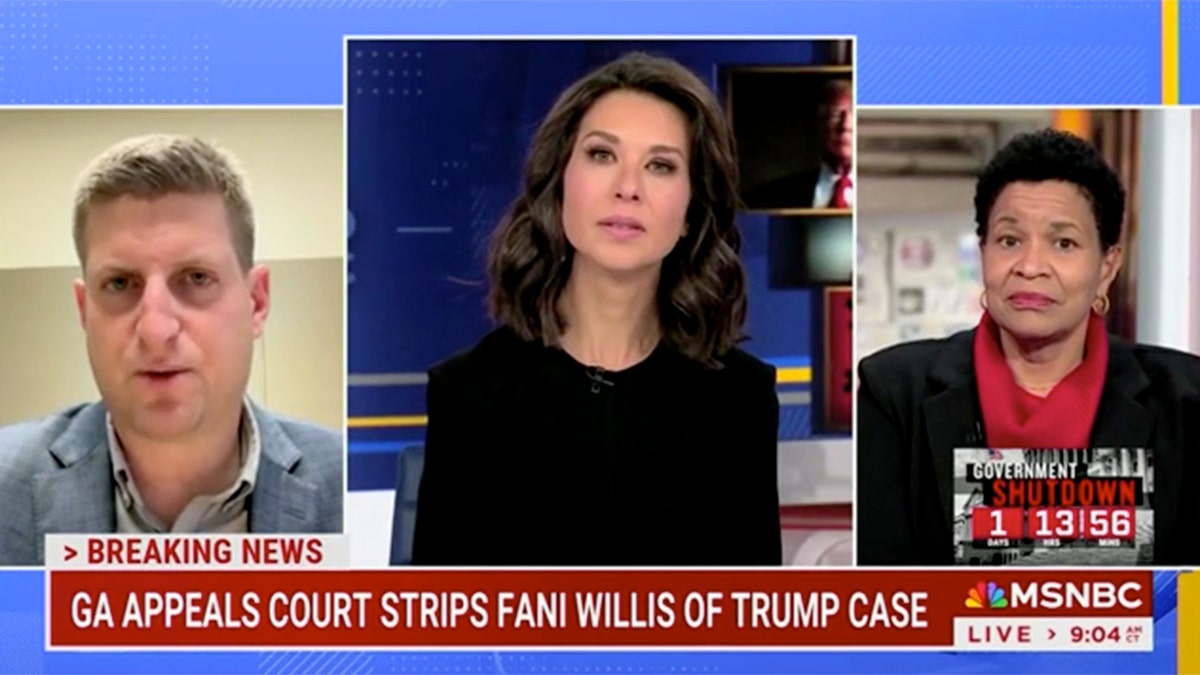Former President Trump's renomination of Russ Vought to lead the Office of Management and Budget has reignited discussions surrounding executive authority, sparked by a New York Times article that drew criticism for its portrayal of Vought's involvement with the "unitary executive theory."
The Times piece examined Vought's role in Project 2025, a conservative initiative focused on strengthening the executive branch. The article initially characterized the project's legal basis as a version of the unitary executive theory that "rejects the idea that the government is composed of three separate branches" and asserts "absolute" presidential power over agencies. This description was later amended to describe the branches as "separate but equal."

The New York Times publishing headquarters

The White House in Washington, D.C.
This initial characterization ignited a backlash, with critics like National Review editor Charles Cooke arguing that the Times misrepresented the theory. Cooke emphasized the Constitution's clear delineation of powers among the three branches and the limitations placed on executive authority. He argued that allowing unelected officials within the executive branch to wield power without presidential oversight would effectively establish a fourth branch of government, undermining the existing system of checks and balances.

Russ Vought, former director of the White House Office of Management and Budget
The controversy highlighted differing interpretations of the unitary executive theory and its implications for the balance of power within the U.S. government. The debate also extended to social media, where legal scholars and commentators questioned the Times' understanding of the theory. The New York Times did not immediately respond to a request for comment from Fox News Digital.








